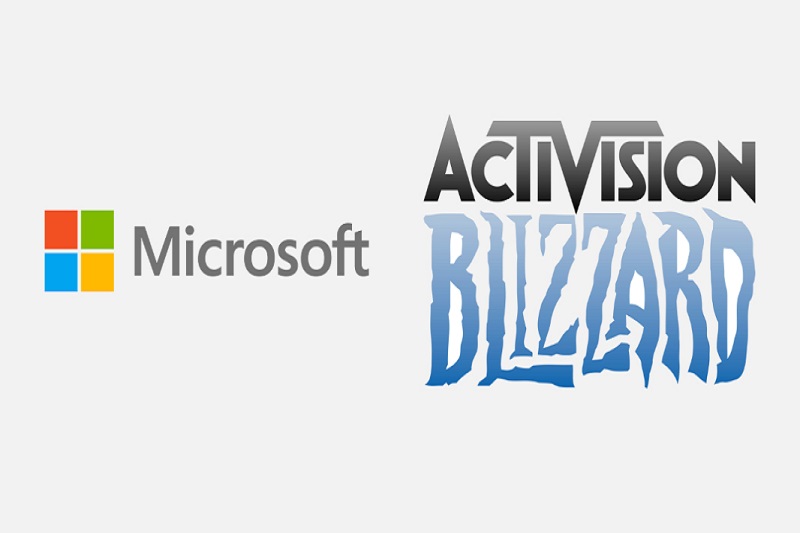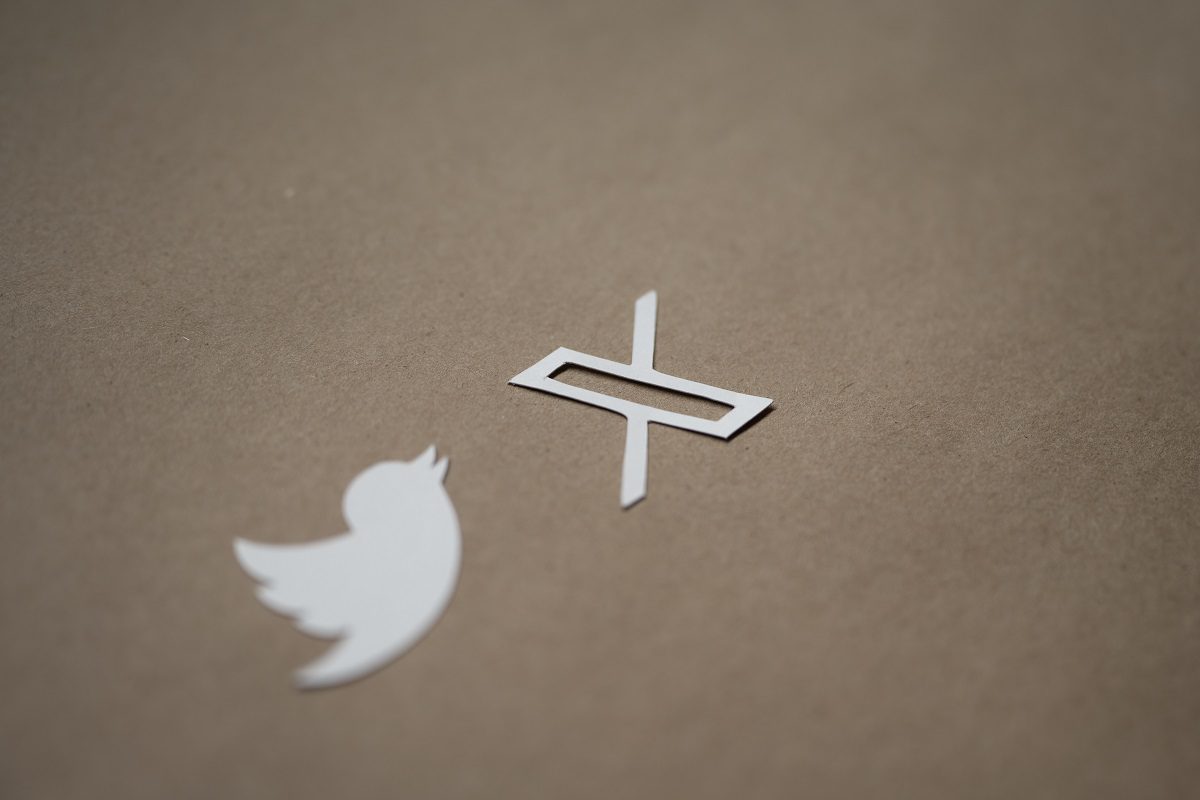
Activision Blizzard, one of the leading gaming companies in the industry, is set to be delisted from the NASDAQ stock market on Monday, July 17. Simultaneously, Microsoft is making preparations to acquire Activision Blizzard for a staggering $69 billion.
Contents
- 1 The NASDAQ Announcement and Confidence in Closing the Deal
- 2 FTC’s Appeal and Judge’s Decision
- 3 The Case Moves to the US Ninth Circuit Court of Appeals
- 4 Microsoft’s Dispute with UK CMA and Negotiations
- 5 Potential Scenarios: Microsoft’s Acquisition and Agreement Possibilities
- 6 The Future of Activision Blizzard and Microsoft’s Deal
The NASDAQ Announcement and Confidence in Closing the Deal
The recent announcement by NASDAQ regarding Activision Blizzard‘s delisting has brought a wave of speculation and anticipation. However, it also suggests confidence in finalizing the acquisition before the agreed deadline of July 18. This development indicates positive progress in the acquisition process and potentially paves the way for Microsoft’s integration of Activision Blizzard’s assets, including popular game franchises like Call of Duty and World of Warcraft.
FTC’s Appeal and Judge’s Decision
The US Federal Trade Commission (FTC) has filed an appeal seeking a preliminary injunction to block Microsoft’s purchase of Activision Blizzard. The FTC argues that the acquisition would create a monopolistic situation in the gaming industry, potentially harming competition and consumer interests. However, Judge Jacqueline Scott Corley denied the FTC’s request, stating that the agency failed to demonstrate sufficient evidence to warrant a preliminary injunction. This decision allows the acquisition deal to proceed, but the legal battle is far from over.
The Case Moves to the US Ninth Circuit Court of Appeals
With the denial of the FTC’s request, the case now moves to the US Ninth Circuit Court of Appeals. This higher court will review the legal arguments put forth by the FTC and Microsoft, and a decision will be reached. However, the clock is ticking, as the temporary restraining order placed on Microsoft expires on Friday, July 14. The outcome of this appeal will significantly impact the progress of Microsoft’s acquisition and shape the future landscape of the gaming industry.

Microsoft’s Dispute with UK CMA and Negotiations
Apart from the FTC’s appeal, Microsoft is also facing a dispute with the UK Competition and Markets Authority (CMA) regarding the acquisition deal. The CMA previously blocked the deal in April, citing concerns about potential adverse effects on competition in the UK market. Microsoft has entered negotiations with the CMA, expressing its willingness to address the concerns raised during the investigation. While the talks are ongoing, the CMA has called for a new deal and a thorough investigation, adding another layer of complexity to Microsoft’s acquisition plans.
Potential Scenarios: Microsoft’s Acquisition and Agreement Possibilities
The ultimate fate of Microsoft’s acquisition of Activision Blizzard hangs in the balance, and several potential scenarios could unfold. Depending on the outcomes of the legal battles with the FTC and the negotiations with the UK CMA, Microsoft may proceed with the acquisition if it successfully overcomes the challenges. However, the company has also shown a preference for reaching a new agreement with the CMA, indicating its willingness to address the concerns raised during the investigation. This approach highlights Microsoft’s commitment to navigating regulatory hurdles and fostering a cooperative relationship with regulatory authorities.
The Future of Activision Blizzard and Microsoft’s Deal
The impending delisting of Activision Blizzard from the NASDAQ stock market and Microsoft’s ambitious acquisition plans have created a significant buzz in the gaming and business communities. As the legal battles with the FTC progress and negotiations with the UK CMA unfold, the gaming industry eagerly awaits the outcome. The decisions made in the coming days and weeks will not only determine the fate of Activision Blizzard but also shape the future trajectory of Microsoft’s foray into the gaming world. The potential success of the acquisition deal would have far-reaching implications, potentially redefining the competitive landscape and fueling innovation in the gaming industry.



